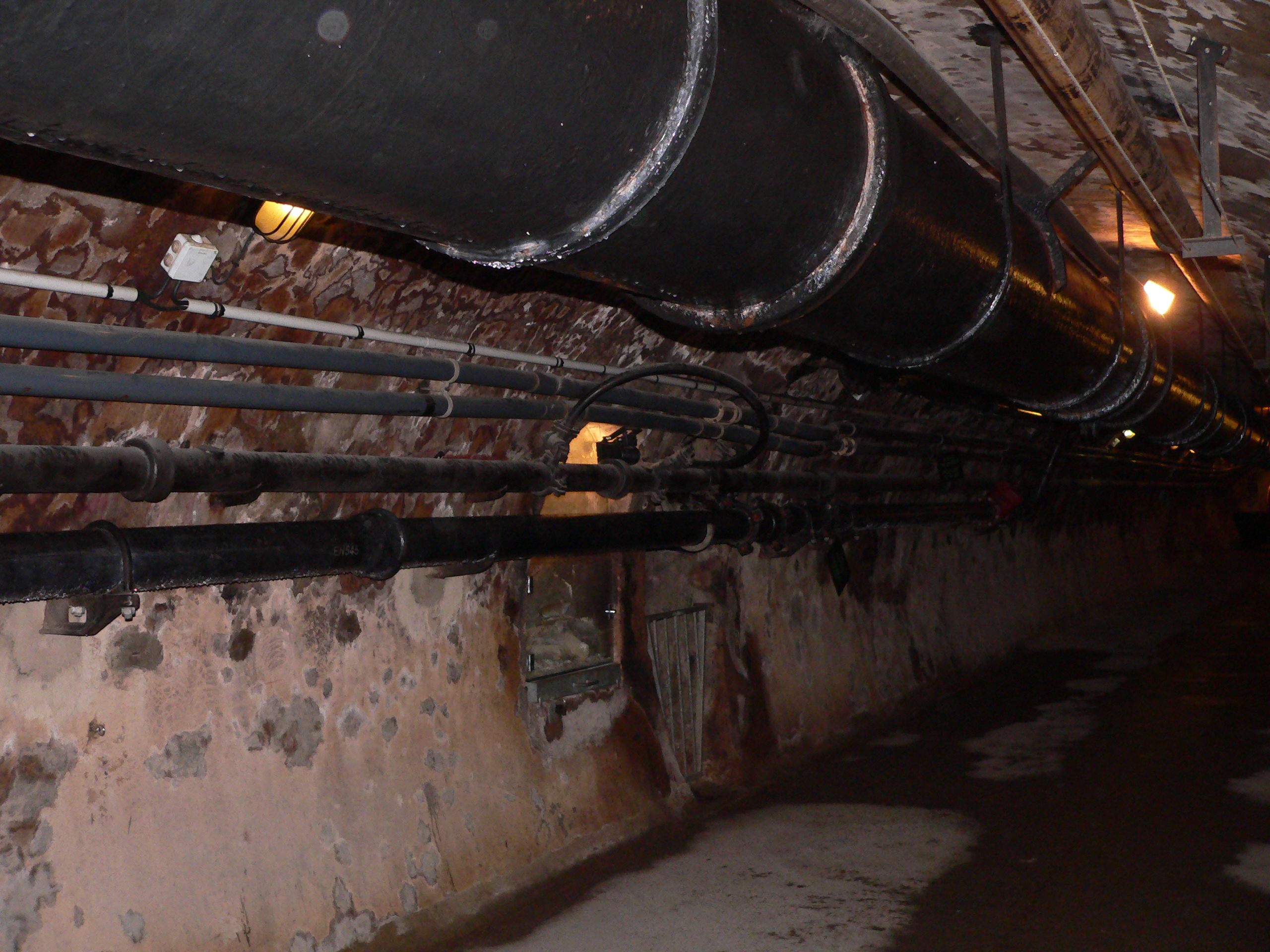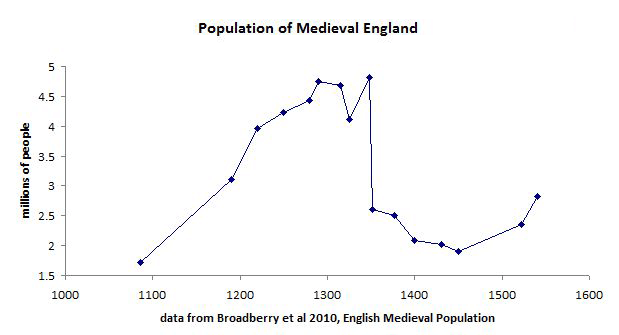It seems that human nature is inherently selfish. I think this is particularly typical in Western society. Or it should be called "exquisite egoism." In fact, human beings are originally a big whole. But most of the time, there are few things that can be truly shared by all mankind, such as religion, or information about the coronavirus. Actually, only few people really grasp the influence on the normal public. For example, coronavirus first spread in China, but China has also learned a lot of valuable epidemic prevention experiences, such as wearing masks and quarantine. Facts have proved that this is still the most effective measure so far. But I regret to see that this information has not been truly shared and widely disseminated. For various reasons, the United States wasted a few months before actually implementing quarantine measures and mandatory wearing masks. At this time, the number of people infected with coronavirus has reached millions. In China, the public often listens to the government, so these measures are not difficult to implement. Of course, part of the reasons is related to the one-party system of the Chinese government, and the other part is that Chinese people are used to prioritizing group interests. In contrast, the American people are accustomed to freedom and questioning, so they often put personal interests first. Many people on the Internet said that quarantine has affected their normal lives, or wearing masks is too suffocating. It seems that they don't care about the soaring number of infections every day. They only care about the inconvenience of their lives. It is undeniable that this attitude can promote the rapid economic and social development to a certain extent, but during the pandemic, if we can treat everyone as ourselves and think more for others, it is actually saving ourselves.
 The flushing device improved by the craftsmen at that time. Then, in 1778, Dr. John Harington invented the flush toilet based on this device.
The flushing device improved by the craftsmen at that time. Then, in 1778, Dr. John Harington invented the flush toilet based on this device.


 Population In China
Population In China